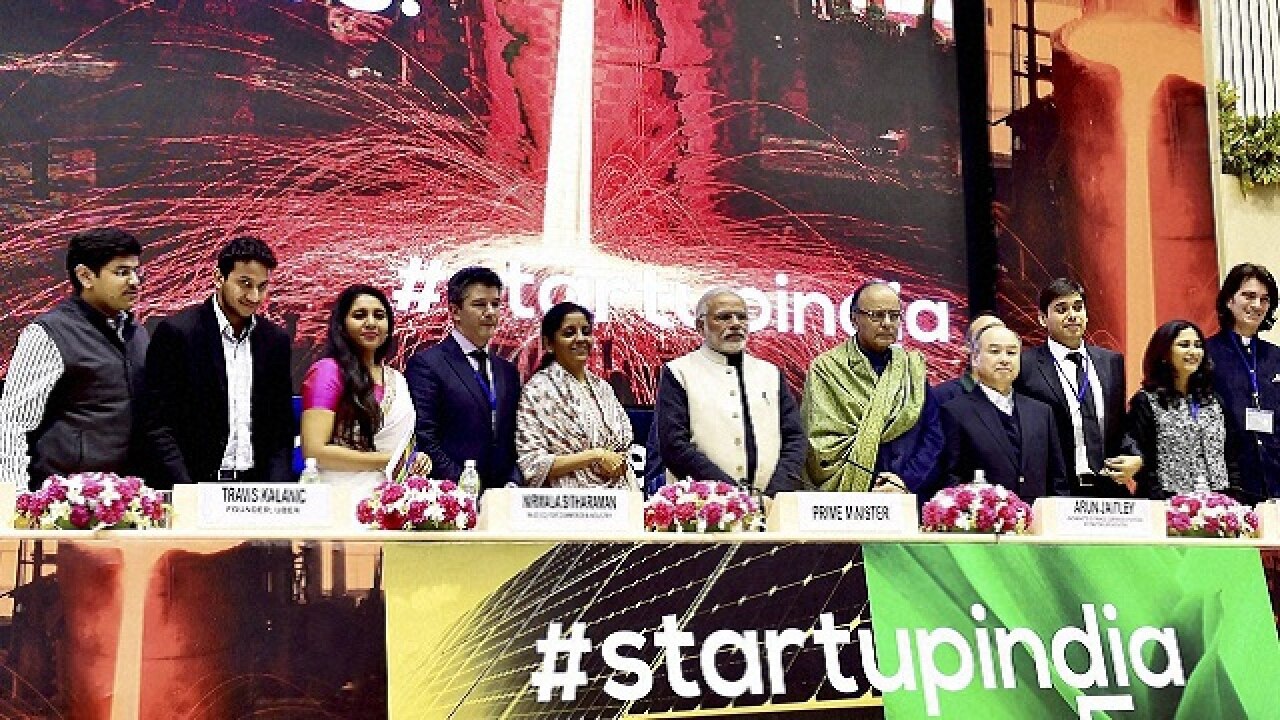
Just this gone week I was speaking at a start-up meet focused on young entrepreneurs building businesses. One of the key questions central to their list of many was about building a team and their culture. What's interesting about this question is the fact that its relevance and significance hasn't changed with the evolving idea of entrepreneurship. Traditional businesses were fixed on the matter and new businesses are trying to crack the code.
"Culture and values are incredibly important to success," says Pramod Bhasin, founder of Genpact and chairman of the Skills Academy. "And yet most businesses underestimate their impact and the time they must spend building great foundations."
Adi Godrej puts the onus of creating an organisation's philosophy on its top leadership.
'A leader needs to think the future backwards, not the present forwards,' he says. "I have seen many people with high knowledge of their subject but not being able to become good leaders because they didn't stress on the word we rather than I."
Deutsche Bank's former Asia CEO Gunit Chadha agrees with that. "Leadership to me is to foster a collective vision, strong client centricity, a unifying culture, empowerment to teams to go out and achieve the vision, but continue to have the ultimate responsibility for your team and its actions."
The cut-throat startup world is grappling with some of this. There is hire and fire, there is desperation to scale up, there is an infectious spotlight and that question of building a solid team. Many are faced with the dilemma of building large and long-term teams because there are such swift job moves in the ecosystem at the moment – some driven by opportunities and some by forced closure/layoffs in companies.
This has got start-ups a bad reputation that they drive a pop culture, one that make them fast-moving, and sometimes with little interest in building teams. It may be the case with crash and burn companies but those that are standing out yet are driven by a plan for people. While stellar employees do not magically translate to great organisation ecosystems, creating a culture where employees collaborate and support each other can be a game-winner.
Dane Atkinson, CEO of SumAll shares with between 20 and 50 employees a founder still has direct control, but with up to 90 employees that gets hard. "Your team should form its DNA early," Atkinson had said at start-up forums. ""Culture is creating an environment in which your team members are owners of the process, so they're dedicated to the team in a different fashion," Atkinson insists.
So as the start-ups go through a phase of revised valuations and calls for greater accountability on returns for investors, one casualty it have to avoid for themselves is to sacrifice the culture they may have built. It could be a deciding factor of how they weather the storm. For those who haven't given it a thought may face a tougher problem and want to now start from scratch.